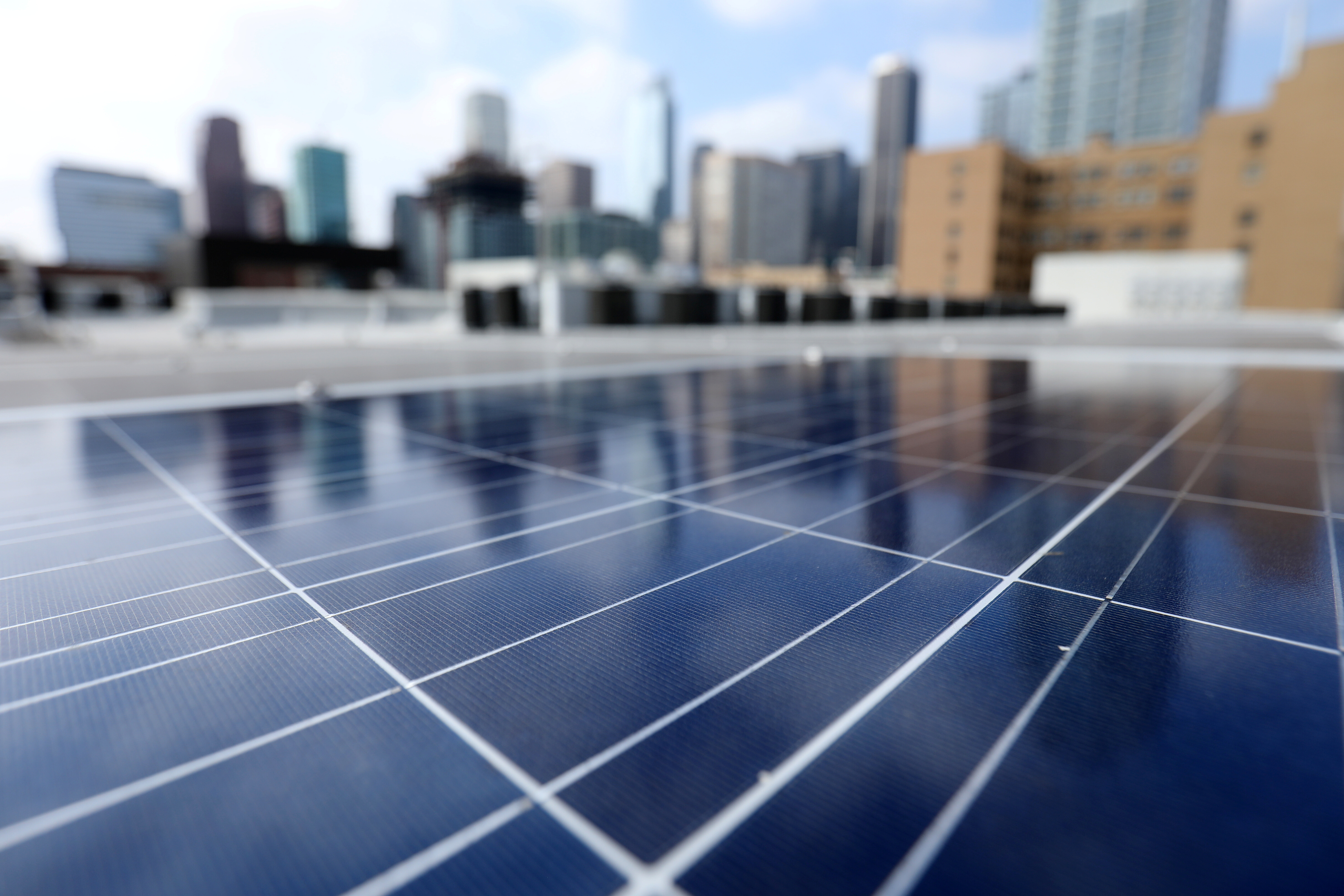3 priorities for Ukraine’s energy agenda

Over the past year Ukraine has faced near continuous pressure to reform its energy sector, from groups as varied as the International Monetary Fund to the European Energy Community to Naftogaz. In response, Ukraine’s government and parliament have listened, introducing and passing unprecedented reform-oriented energy legislation. Yet much remains to be done if the country is going to achieve its goal of energy independence.
To get results, Ukraine needs to prioritize what gets immediate attention. We should do this by applying a simple test: if the proposed change unambiguously fulfills one of the following pillars—strengthening Ukraine’s negotiating hand to get through the winter, boosting domestic energy production, or improving energy efficiency—it should be prioritized. If it does not, it should be put aside for later.
The first priority for Ukraine’s energy sector is simply getting through the winter smoothly.
For natural gas, the big question is whether there will be enough gas supplies to heat Ukrainian homes through April (the end of the heating season).
While this has been a concern for a while, things became more complicated onJune 30 when Naftogaz stopped importing from Russia’s Gazprom over a pricing dispute. To keep the gas flowing, Naftogaz is instead looking to fill the storage facilities with gas from other sources, including Slovakia’s reverse flows. While ambitious, with little money or time, this won’t be easy.
For coal, low investment combined with fighting in the east has also threatened the winter stockpiles.
To boost inventory levels, Volodymyr Demchyshyn, the energy and coal minister, recently announced imports of 500 million tons of coal from South Africa, the United States and even Russia over the next two and a half months. The government has also authorized banks to lend to coal fired power plants so they can afford these purchases.
As the winter rolls in, all eyes will continue to be on the east. Yet, the discussions surrounding securing gas and coal will be almost as important as those for securing weapons, especially given the central role of Ukraine’s energy sector’s in sensitive negotiations with Russia. Here, just as in security, the international community can help. In particular, Ukraine needs support with loans and grants, and, in fact, this is one of the best ways that our partners can express their support.
Taking reform and policy steps to ensure that there is enough energy to get through the winter is critical. But at the same time, we must also adopt a long-term strategy to make sure this situation doesn’t happen again. This means including the second and third priorities: boosting domestic energy production and improving energy efficiency.
Ukraine has abundant energy reserves, but we need to prioritize ways of attracting investment to develop them. The U.S. Energy Information Administration estimates that there are some 39 trillion cubic meters of gas, 400 million barrels of oil, and near 37 billion tons of coal within our borders. Yet, production has often lagged behind potential due to unfavorable energy policies and security risks. Creating an attractive business environment to incentivize investment and boost energy production will ultimately reduce our imports.
Ukraine also needs to focus on improving its energy efficiency. Currently, we have one of the most energy intensive economies in the world. Simple upgrades in boilers or pipelines could reduce the amount of energy consumed or lost in leaks across the country. However, an even more immediate reduction may be spurred by rising energy tariffs that are steadily approaching real market pricing. Cutting the amount of energy consumed will also reduce Ukraine’s need for imports, further improving our energy security.
Ukraine is in the midst of a historic reform agenda, and with limited personnel, resources, and political will, only so much can be processed at once. Without an overarching strategy, it will be easy to get bogged down on reforms that may not help Ukraine reach its ultimate goal of energy independence. By applying a three-prong test to each proposed legislative change, we can begin to streamline what is already a lengthy, difficult, and unwieldy process. Having a strategy, and help from our international partners, won’t make the process of reform any easier, but it will improve our chances for success.
This article is published in collaboration with The Kyiv Post. Publication does not imply endorsement of views by the World Economic Forum.
To keep up with the Agenda subscribe to our weekly newsletter.
Author: Olga Bielkova was elected to the Ukrainian Parliament in 2012 and re-elected in 2014 as part of the bloc of President Petro Poroshenko.
Image: Silhouetted workers work to add a new line. REUTERS/Romeo Ranoco
Don't miss any update on this topic
Create a free account and access your personalized content collection with our latest publications and analyses.
License and Republishing
World Economic Forum articles may be republished in accordance with the Creative Commons Attribution-NonCommercial-NoDerivatives 4.0 International Public License, and in accordance with our Terms of Use.
The views expressed in this article are those of the author alone and not the World Economic Forum.
Stay up to date:
Ukraine
Related topics:
Forum Stories newsletter
Bringing you weekly curated insights and analysis on the global issues that matter.
More on Energy TransitionSee all
Noelia Garcia Nebra
November 18, 2025






